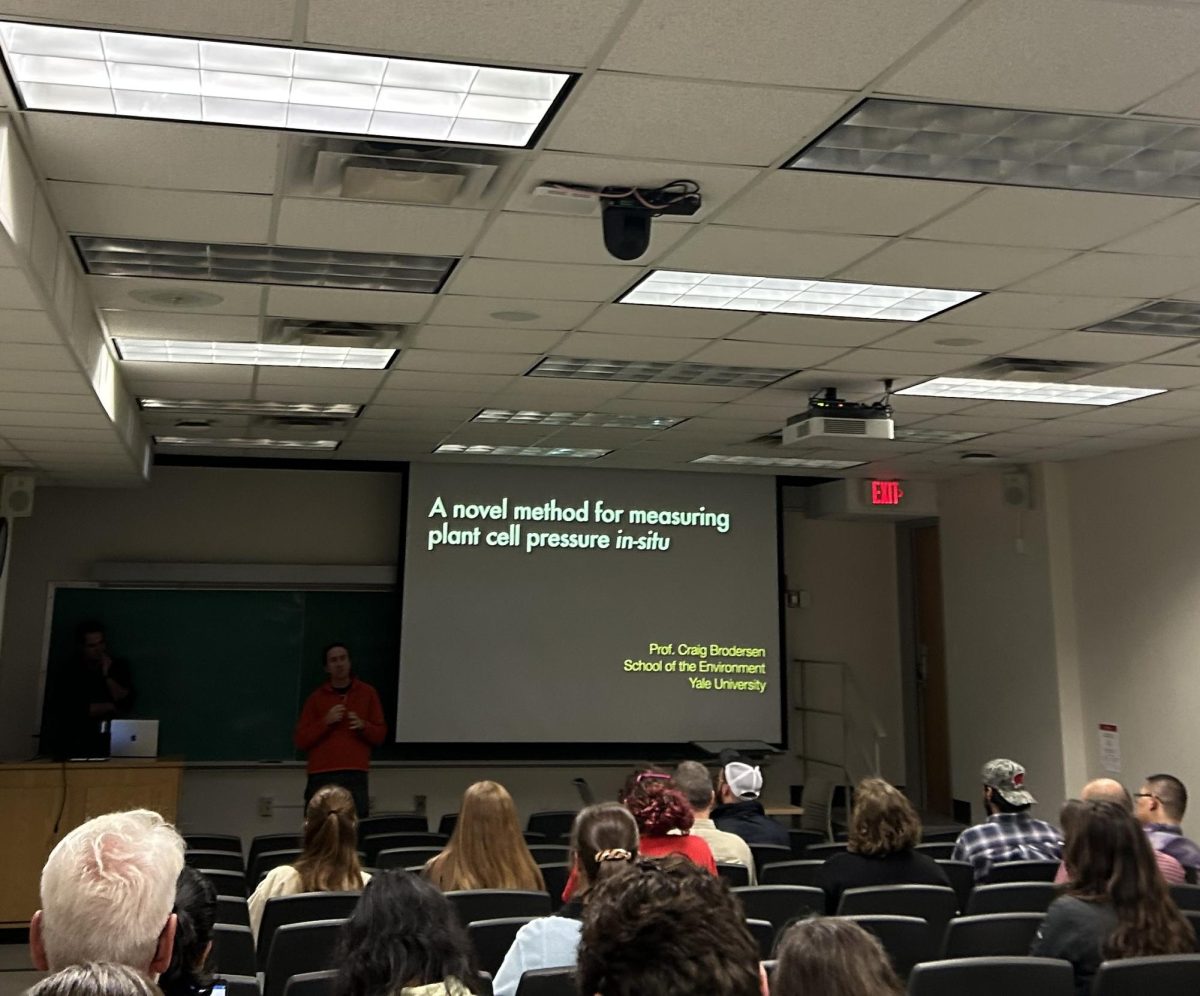In their last meeting of the year, commemorating 50 years since Madison passed their Equal Opportunities Ordinance, City Council addressed human rights issues, including a new class of equal opportunity employment and the use of conflict-area minerals.
Vote to denounce using conflict minerals from the Congo
City officials passed a resolution to “denounce the use of minerals that fuel violence and favoring verifiably conflict-free products in City of Madison purchasing decisions,” in their meeting Monday.
The University of Wisconsin chapter of Conflict-Free Campus Initiative spoke in support of the resolution.
“These minerals end up in our electronic products, directly connecting us as consumers to a conflict that has been raging since the early 90s, resulting in the deadliest conflict since World War II,” said Sarah Hulbert, events coordinator for Amnesty International, said.
Since this week is “Congo Action Week,” supporters of the initiative have organized a letter-writing campaign to Chancellor Rebecca Blank calling for a conflict free resolution in addition to a social media campaign.
Ald. Mike Verveer, District 4, said students in the organization approached him several weeks ago about the resolution. He said he had seen media coverage from the rally hosted by Packers’ quarterback Aaron Rodgers at Memorial Union the group sponsored earlier this year.
“I want my colleagues to know that student activism is alive and well on our UW campus and you’ve seen it through the speakers and their colleagues who are here tonight,” Verveer said.
Ordinance approved to include the unemployed as a protected class
In the final item of the meeting, the council passed an ordinance to designate “unemployment” as a protected class under the Equal Opportunities Ordinance. The measure looks to ensure applicants are considered for jobs regardless of their current employment status.
The measure was met by some opposition, as some feared it may not achieve the desired goal.
“When an employer is looking at their applications, they’re looking at relevant job history, responsibilities, leadership qualities and skillsets,” Delora Newton, executive vice president of the Greater Madison Chamber of Commerce, said. “That’s way more important than someone currently employed or unemployed. So if this ordinance actually passes, the actual impact might be unequal treatment of applicants with similar job histories.”
However, under the ordinance, those complaining of employment discrimination must file a complaint and prove such discrimination occurred, which multiple city staff members said was very difficult to do.
John Quinlan, member of the city Equal Opportunity Committee, said he hopes the oridinance will mitigate stigmas associated with unemployment.
“The economic times that we live in right now are such that a lot of us … have encountered this over and over again,” Quinlan said. “And I speak very much from the heart and personally as someone who experienced … a period of unemployment. That stigma is so great. It’s really hard to admit being unemployed for any period of time.”












